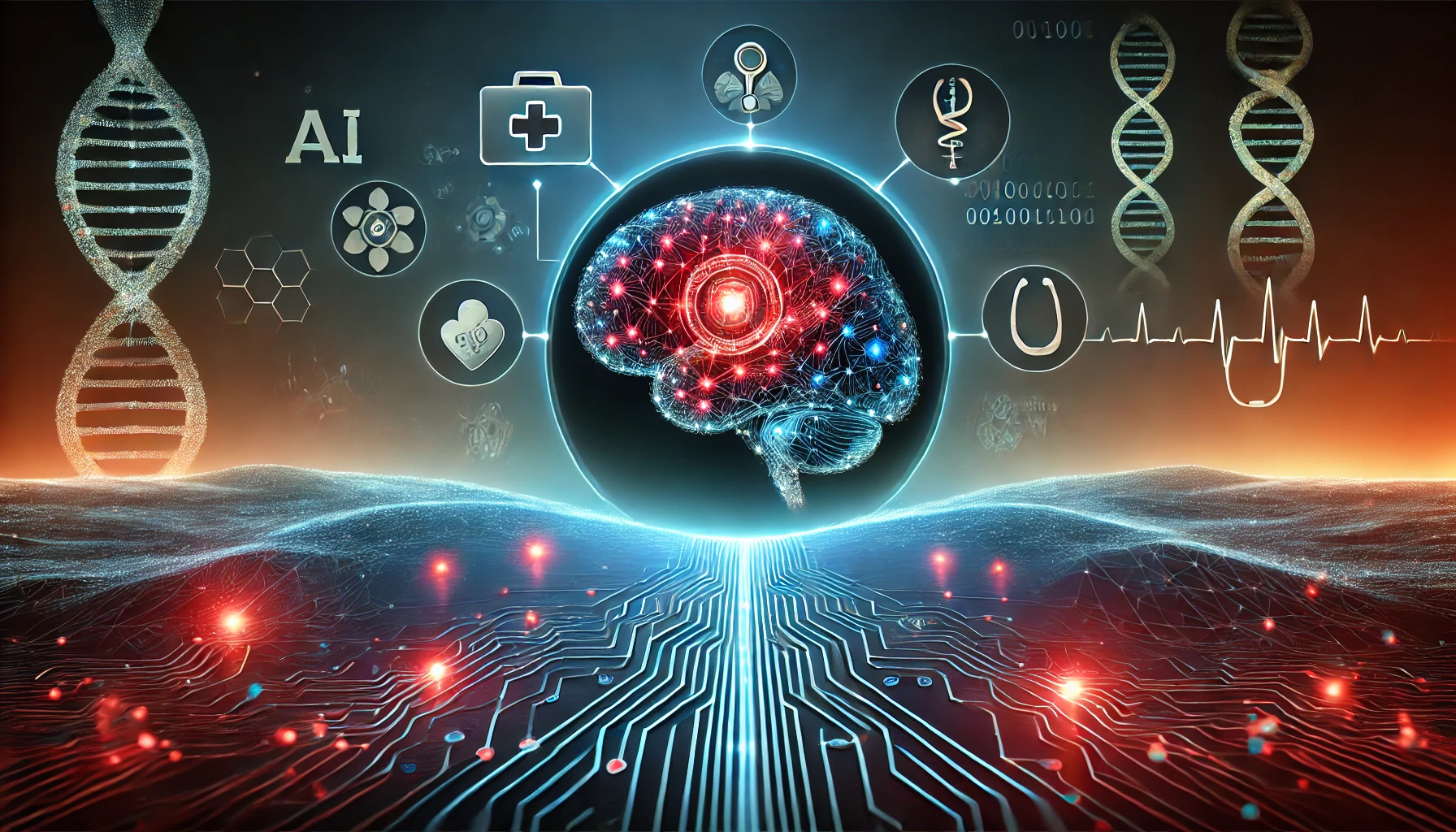A new study published in JAMA Network Open used AI to identify toddlers who may have autism spectrum disorder (ASD).
Researchers at Karolinska Institutet in Sweden have developed a machine learning model that can predict autism with approximately 80% accuracy in children under the age of two, using only basic medical and background information.
The study, led by Dr. Kristiina Tammimies and her team, used data from the Simons Foundation Powering Autism Research for Knowledge (SPARK) database, which contains extensive information on individuals with autism and their families.
The researchers analyzed data from 30,660 participants, evenly split between those with and without an autism diagnosis.
“Using [the] AI model, it can be possible to use available information and earlier identify individuals with elevated likelihood for autism so that they can get earlier diagnosis and help,” said Dr. Tammimies, emphasizing the potential impact of their work.
The team focused on 28 easily obtainable measures that could be collected before a child reaches 24 months of age.
These included parent-reported information from medical and background questionnaires, such as age at first smile, eating behaviors, and language development milestones.
The researchers then created and tested four different machine learning models, ultimately selecting the best-performing one, which they named “AutMedAI.”
Promising results
To ensure the AutMedAI model worked well on different groups of people, the team tested it on two separate datasets:
- Nearly 12,000 new participants from an updated version of their original database
- About 3,000 individuals with autism from a different study
The results were encouraging. When tested on the larger dataset of new participants, the AI correctly identified 78.9% of children as either having autism or not. This means it was accurate in about 4 out of 5 cases.
Dr. Tammimies noted, “I want to stress that the algorithm cannot diagnose autism as this should [still] be done with gold standard clinical methods.”
The researchers also found features that were particularly predictive of autism.
These included problems with eating foods, the age at which children first constructed longer sentences, the age at which they achieved potty training, and the age at which they first smiled.
Interestingly, the model’s performance was robust across different age groups, sexes, and racial backgrounds.
This is particularly noteworthy, as some existing screening tools have shown biases in identifying autism across diverse groups.
Early diagnosis can improve patient outcomes
Early detection of autism is vital. It unlocks the door to timely interventions that can hugely improve a child’s development and long-term outcomes.
As Dr. Shyam Rajagopalan, the study’s first author, explained, “This can drastically change the conditions for early diagnosis and interventions, and ultimately improve the quality of life for many individuals and their families.”
However, the researchers caution that further validation in clinical settings is necessary before the model is rolled out.
They’re also working on incorporating genetic information into the model, which might further boost its accuracy.
Of course, AI diagnostic tools only supplement other clinical observations – and not replace them.
This research joins a growing body of work exploring AI applications in mental health.
For instance, recent studies have shown AI’s potential in predicting anxiety levels based on individuals’ reactions to photographs, and in assisting with the diagnosis of schizophrenia.
Other AI-powered early diagnosis systems have been developed for neurological conditions, such as Parkinson’s, showing how the technology can support early intervention and treatment.





